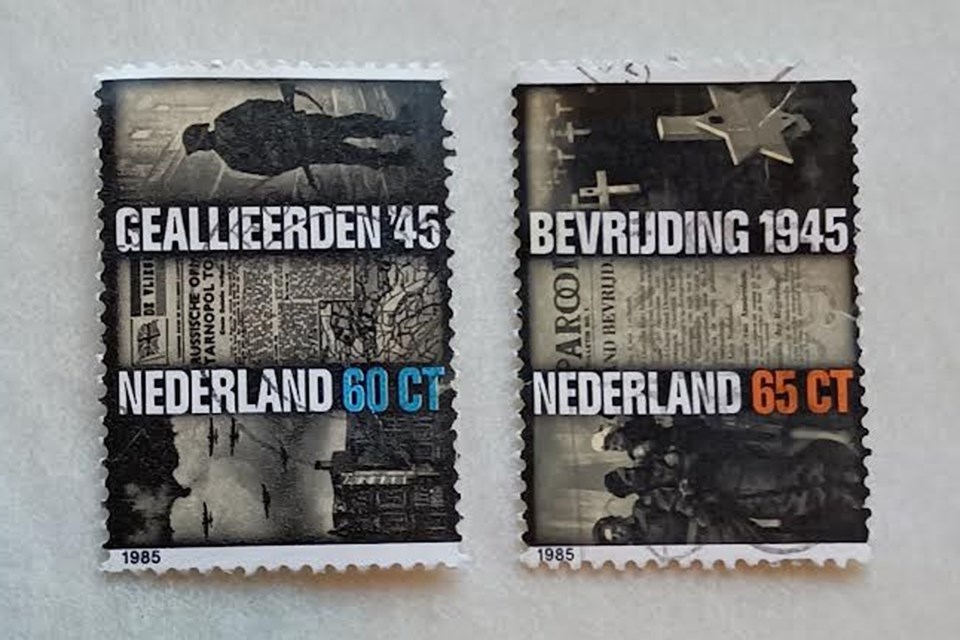This May 5 we will once again celebrate the Dutch Liberation Day (Bevrijdingsdag) in Bradford. Local dignitaries, like the mayor, will attend and raise the Dutch flag.
The Dutch commemorate this day to reflect on the price the Germans extracted from the populace in regaining their freedom as well as thank the Allies, and especially the Canadians, for the role they played (and paid for in blood) liberating the Netherlands. The appreciation the Dutch have for the Canadians is permanently on display in their care for the Canadian graves the at war cemeteries such as Holten and Groesbeek (and Margraten for American soldiers), as well as the large numbers who chose Canada as their chosen immigration land after the Second World War.
Death is rapidly diminishing the generations who lived through the war. It has, therefore, become crucial that their offspring are taught not to forget, and to be thankful.
Limiting things to Europe only, the Ukrainians, beside the Holodomor, have recently added the 2022 Bucha massacre to remind them of the agonies of war. The Bosnians will never forget the genocide at Srebrenica. The Czechs continue to mourn for Lidice, erased after the Heydrich assassination in 1942. The French have Oradour-sur-Glane. The Dutch have, besides the bombing of Rotterdam that expedited their capitulation on May 10, 1940, another open wound in the horror the Germans inflicted on Putten.
On Sept. 30, 1944, an eight-member resistance team ambushed a car with four German officers near Putten, a small town on the Veluwe. Their unsuccessful attempt to capture and kill the oppressors led to the death of one resistance fighter. One injured German was captured but was then left to be found by the Germans. One of the officers, although wounded, raised the alarm but died a short time later. The other two Germans escaped. However minor the damage to the Germans, their reprisal was immediate and brutal.
The reprisal raid happened the next day, on Oct 1. Putten was surrounded by German forces. The women and men of the village were captured and separated, and almost 100 houses in the village were torched. Six men and one woman were shot and killed during the raid. The women were held for that day at the church while the men and boys were detained at the village school. On Oct. 2, 661 men, 18 and older, were taken to a concentration camp in Amersfoort. There, men older than 59 or deemed unfit were released. The remaining 602 left on Oct. 11 and were transported to the Neuengamme concentration camp to become slave labour. Thirteen managed to escape by jumping off the train. In Neuengamme most remained for the remainder of the war, but some were moved to other camps.
Only 48 men returned after the war. Five more died once they had returned home due to their mistreatment in the camps. Some survivors returned crippled because they had been kept in cages too small to stand. In total 552 men and one woman died because of the German retribution.
Is it any wonder that we stand and reflect for just a moment on May 5 to remember the past and then celebrate, after that reflection, the fact that we can live in a country like Canada?



